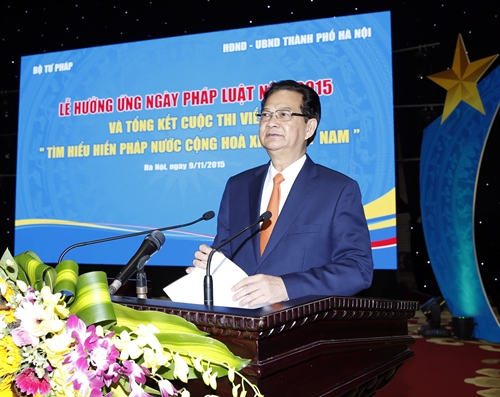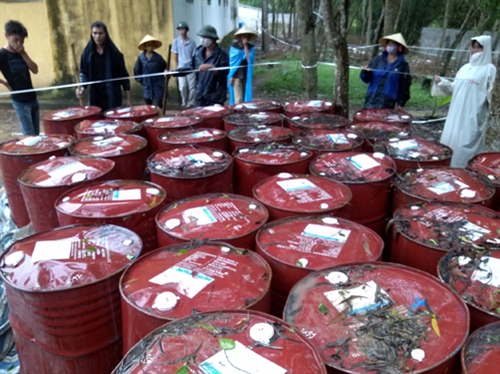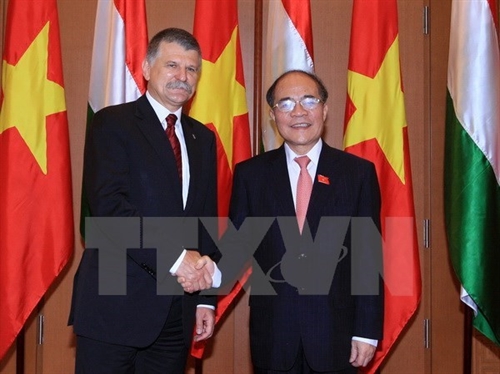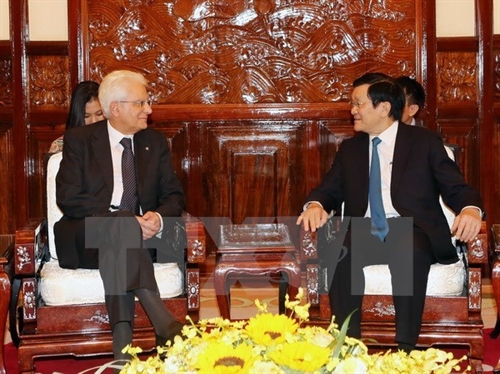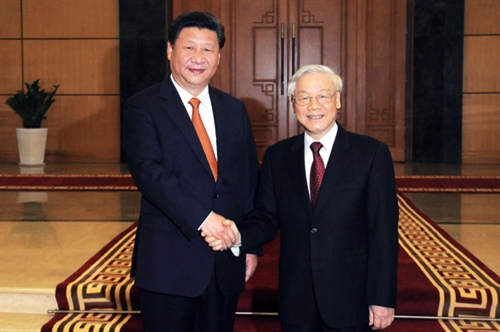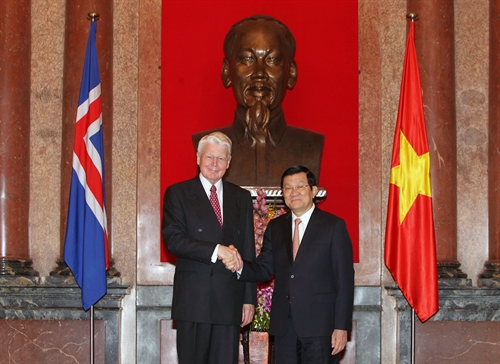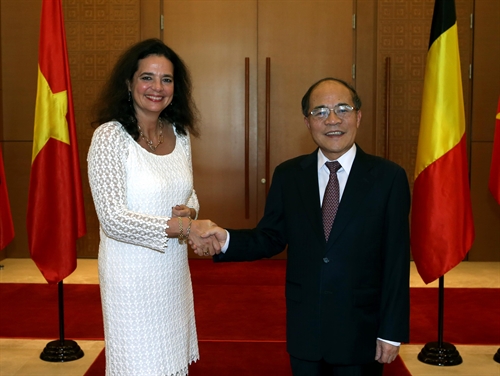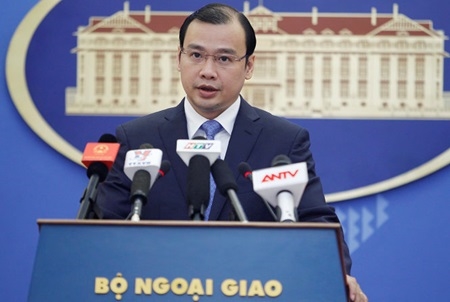>>Firm evidence proves Vietnam’s sovereignty over archipelagoes
Vietnam reasserts its sovereignty over the Hoang Sa (Paracel) and Truong Sa (Spratly) archipelagoes, Foreign Ministry Spokesman Le Hai Binh told a regular press conference on November 12 in Hanoi.
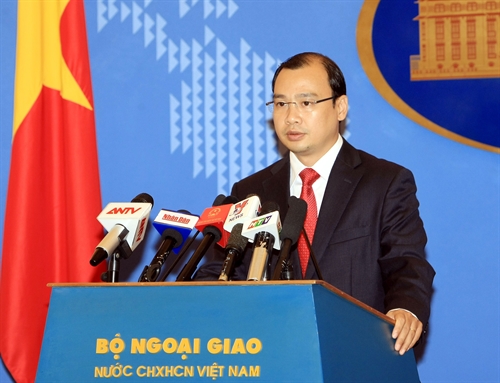 |
| Vietnam's Foreign Ministry Spokesman Le Hai Binh at a press conference on November 12 in Hanoi__Photo: VNA |
The remarks were made in response to a statement of Chinese Party General Secretary and President Xi Jinping on November 7, claiming that the archipelagoes “belong to China.”
Vietnam requests all parties to respect its sovereignty over the Hoang Sa and Truong Sa archipelagoes, and refrain from making statements or taking actions that would complicate the situation in the East Sea, so as to make active contributions to peace and stability in the region and the world, Binh said.
He added that Vietnam had sufficient legal and historical evidence to assert its indisputable sovereignty over these two archipelagoes.
Since 2014, China has sped up its construction activities on Truong Sa islands of Vietnam, causing deep concerns among the international community. During his visit to Vietnam early this month, Xi Jinping committed with the Vietnamese leaders that China would properly control the disputes in the East Sea, not complicating the situation.
In another move, Indonesia on November 11 said it would initiate a lawsuit against China to an international court if Beijing's claim to the majority of the East Sea and part of the Indonesian territory is not resolved through dialogue.
Commenting on this, Binh said Vietnam believes all nations have the right to select peaceful and neutral means to settle international disputes they are involved in. He affirmed the country’s consistent policy of settling the issues in the East Sea on the basis of international law, especially the 1982 United Nations Convention on the Law of the Sea.- (VLLF)

